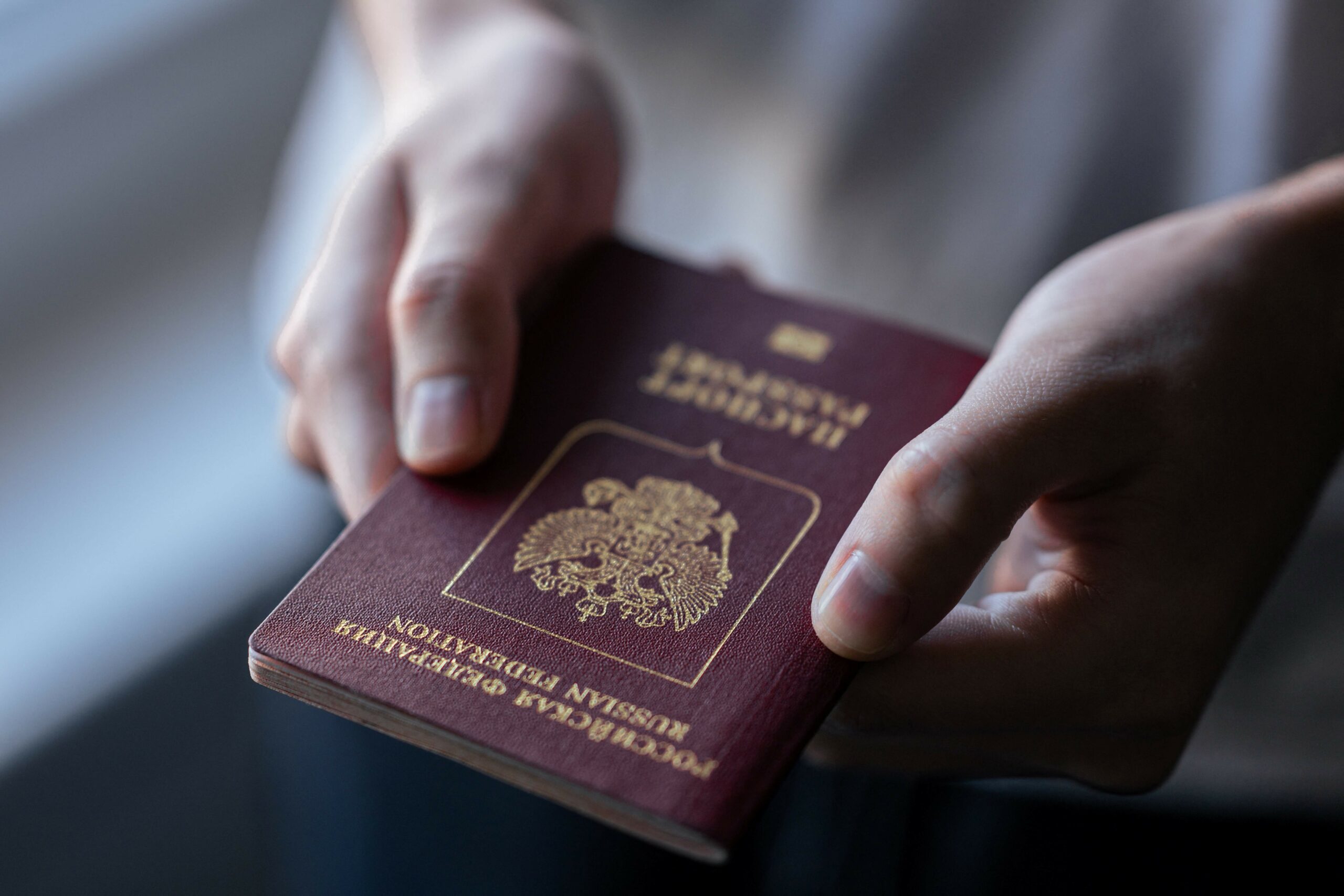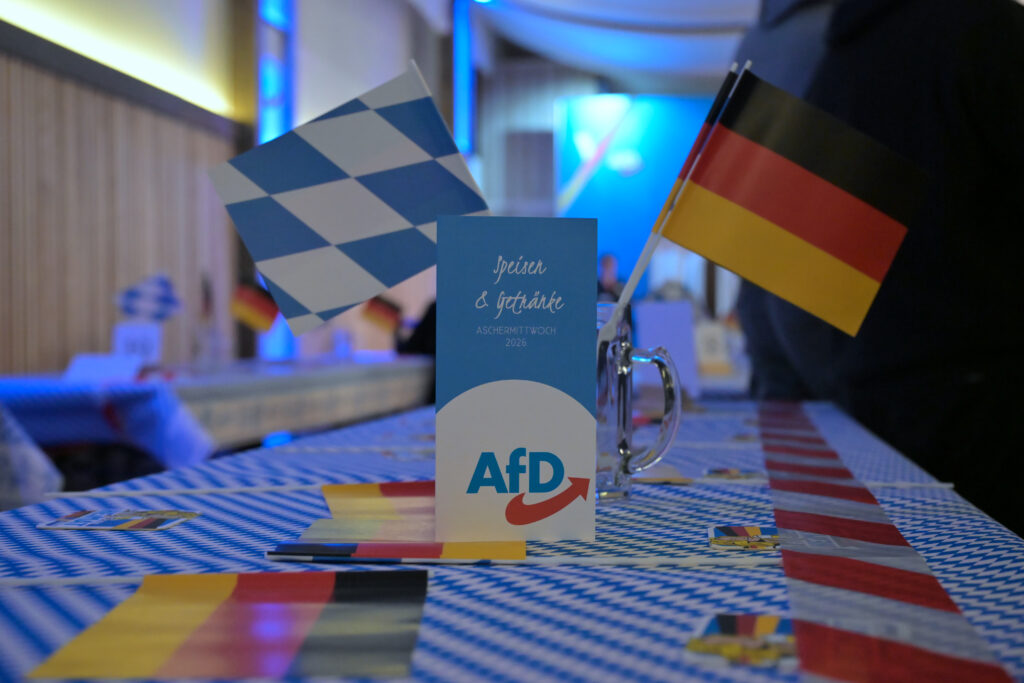In September 2022, six months after Russia’s full-scale invasion of Ukraine, the European Union pulled the plug on its simplified visa agreement with Moscow. Calls soon followed for a blanket ban on tourist visas for Russians, but such sweeping measures have proven tough to implement—visa issuance falls under the national authority of EU member states. The latest escalation came in November 2025, when the European Commission announced it would stop issuing multiple-entry Schengen visas to Russians, citing security concerns and the risk of misuse.
It’s worth noting that back in the 2000s and early 2010s, Russia and the EU were negotiating a full visa-free regime—a process that inched forward until it was derailed by the annexation of Crimea in March 2014. Overall, the visa saga from 2002 to 2025 serves as a stark timeline of the highs and lows in Russia-EU relations over the first quarter of the 21st century.
Schengen and Kaliningrad: The Spark for Talks
The Schengen system took shape on June 14, 1985, when five countries—Belgium, Germany, France, Luxembourg, and the Netherlands—signed an agreement to gradually dismantle internal borders. The practical rollout began with the Convention implementing that agreement on June 19, 1990. Full operations kicked off on March 26, 1995.
Over time, the zone expanded steadily: Italy, Spain, Portugal, Greece, Austria, and the Nordic countries joined the fold. From 1999 onward, Schengen rules were woven into the EU’s legal framework. For Central and Eastern European nations, the path opened up after their 2004 EU accession. They spent the following years undergoing rigorous audits on border controls, visa policies, and data protection. On December 21, 2007, the EU Council greenlit the opening of borders between these newcomers and the rest of the Schengen area.
As Lithuania geared up for EU membership in 2002, the «Kaliningrad question» exploded onto the scene in Russia-Lithuania ties. Shifting to pan-European rules meant imposing visas between Vilnius and Moscow, which would snarl transit between Kaliningrad and the Russian mainland. After rounds of haggling, the sides agreed on a transition period: visa-free travel for exclave residents held until July 1, 2003, after which discounted visas and special transit docs would apply. The shifting sands pushed Russia’s leadership to hunt for a more durable fix.
In August 2002, Vladimir Putin formally pitched a mutual visa-free deal to EU countries. Leveraging the Kaliningrad transit headache, he hoped to scrap visas for Russians right away. On September 30, the EU Council in Brussels shot down immediate visa-free travel but nodded to it as a long-term goal. From there, systematic Russia-EU talks got underway, chasing two aims: easing visa rules in the short term and ditching them altogether down the line.
From Rhetoric to Roadmaps: Getting Down to Brass Tacks
At the Russia-EU summit in St. Petersburg in May 2003, visa-free travel was officially tagged as a «shared objective» for the first time. European reps dodged firm timelines, while Russian President Vladimir Putin and Prime Minister Mikhail Kasyanov pushed for a faster track.
The Moscow summit on May 10, 2005, saw both sides ink «roadmaps» for four common spaces of cooperation, including freedom, security, and justice. Moscow and Brussels reaffirmed their visa-free ambitions and pledged to wrap up talks on visa simplification and readmission (repatriating undocumented migrants).
Readmission and visa-facilitation agreements were signed on May 25, 2006, at the Sochi summit. Taking effect June 1, 2007, they offered perks for select applicant groups—streamlined docs, capped processing times, a flat € 35 fee—and capped short stays at the «90 days in any 180-day period» rule.
The Medvedev Thaw
Talks on visa-free travel dragged through 2007−2010, hampered by lingering disputes. The EU fretted over Russia’s high illegal migration rates, opaque border ops, corruption-tainted document integrity, and overall crime levels. There was no solid real-time intel-sharing mechanism on crime-fighting, either—all of which stalled joint security benchmarks, without which Brussels wouldn’t budge on visa-free.
A fresh push came under President Dmitry Medvedev. At the Russia-EU summit in Rostov-on-Don on May 31-June 1, 2010, Moscow surprised partners with a draft «Agreement on Visa-Free Travel for Russian and EU Citizens.» The European Parliament’s June 17 resolution that year backed visa-free as a long-haul goal—but only if Russia nailed a laundry list of conditions: bolstering internal security; cracking down on corruption and organized crime; ramping up migration controls and border management; fortifying the judiciary and rule of law; and upholding human rights. Plus, the EU insisted on a gradual rollout, aligned with its broader visa-liberalization playbook for neighbors—no special treatment for Russia.
In October 2010, Medvedev, at a Deauville presser after huddling with French and German leaders, called for swapping vague pledges for concrete visa-scrapping groundwork. He floated a phased «roadmap» with clear milestones and metrics, suggesting they hash out the outline at the next Russia-EU summit in Brussels that December. This kicked off prep for the «Common Steps Toward Visa-Free Travel» document, finalized a year later.
By fall 2011, visa-free negotiations hit the «Common Steps» drafting phase, outlining benchmarks and stages for seamless crossings. But hurdles abounded. In October, Russian envoy Anvar Azimov flagged opposition from about 10 states—mostly Baltics and Eastern Europeans—to any deal. Moscow wanted explicit political buy-in: ticking off the steps would trigger full negotiations. The EU preferred techy wording sans binding commitments. These clashes slowed things, even as Moscow vowed to meet terms in under a year.
The Brussels Russia-EU summit of December 14−15, 2011, marked a milestone—ambiguous, though. Both sides unveiled the «common steps» list, with Medvedev betting on quick implementation. EU Commission chief José Manuel Barroso tempered hopes: no visa-free in 2012, and a long road ahead.
Despite the formal win, the summit’s vibe was electric with tension. Spotlights swung from tech details to Russia’s domestic drama: mass protests post-parliamentary elections, fraud claims, and crackdowns on rallies drew EU fire. Europeans tied visa progress to «evolving migration flows, human rights protections, fundamental freedoms, and rule-of-law adherence.» The steps doc got the nod, but rights critiques and political chill put the brakes on momentum.
On the Brink: Magnitsky List, LGBT Propaganda Ban, and Perks for Officials
In 2012, Russia-EU visa talks hit another wall. Moscow pressed for visa-free entry on service passports, but EU states balked, deeming it premature and risky. European politicians pointed to the sheer number of Russian officials and feared it would create loopholes for abuse. Tensions escalated further with the U.S. adoption of the so-called Magnitsky Act—passed by Congress and signed by President Barack Obama on December 14, 2012—which imposed visa and financial sanctions on Russian officials Washington blamed for Sergei Magnitsky’s death and human rights abuses. Against this backdrop, the notion of visa-free access for Russian state servants bred deep EU mistrust. Moscow retaliated by threatening to reinstate visas for Western airline crews, but it didn’t budge the needle: mounting political friction and mutual suspicion effectively froze visa easing efforts.
In 2013, Russia-EU visa-free negotiations mixed technical gains with mounting political hurdles. After Germany softened its stance and agreed to consider visa-free entry for a limited number of service passport holders, breakthrough hopes flickered: Moscow claimed the «joint steps» could be fulfilled by year’s end, paving the way for visa-free by no later than 2015. The EU, too, acknowledged Russia’s strides in biometric passports and migration controls.
Yet political rifts derailed it again. Brussels found Moscow’s demands for airline passenger data excessive, while EU divisions persisted: Finland and some Southern European states backed liberalization, but Germany and Eastern European countries worried about spikes in irregular migration and crime. Another roadblock was Russia’s «LGBT propaganda ban,» which the EU saw as clashing with nondiscrimination principles in the «joint steps» list.
By December 2013, signs emerged that visa-free rollout was indefinitely postponed: the European Commission said Moscow hadn’t met all «joint steps» conditions, flagging issues with migration oversight, document security, and human rights. Russia viewed this as a ploy to drag things out. The EU countered that visa-free talks would only start after all shortcomings were fixed.
Early 2014 saw continued contradictions in Russia-EU visa-free talks. In January, Putin reiterated the need to drop visas, noting the EU already had deals with Latin American countries where crime rates topped Russia’s. But the EU held firm: as Russia’s permanent representative to the EU, Vladimir Chizhov, put it, Brussels wasn’t ready for simplification then. Still, on February 14, a glimmer appeared: German Foreign Minister Frank-Walter Steinmeier announced modest progress and mutual interest in boosting people-to-people travel. Events soon swerved, though: on March 6, 2014, the EU suspended the visa dialogue with Russia over its aggression in Ukraine.
Reckoning and Fresh Starts
Later, in 2021, Russian Foreign Minister Sergei Lavrov laid the blame for pre-Crimea visa-free failures squarely on politics. By his account, a Russia-EU visa-free deal was essentially ready in 2013: Moscow had ticked all Brussels’ boxes, from biometric passports to readmission pledges. But when push came to shove on signing, the EU delayed for political reasons—deeming it «inappropriate» to grant Russia visa-free before Ukraine, Georgia, and Moldova. Lavrov fingered the Baltics as the instigators, turning what started as a technical matter into a lever of political leverage.
In summer 2019, Germany floated the idea of visa-free entry for Russians under 25. The push came from Ronald Pofalla, co-chair of the Petersburg Dialogue forum. It fit Berlin’s broader drive to lure foreign talent and ease student and young professional inflows, aiming to foster youth ties between Russia and Germany.
The proposal went nowhere in 2019 or pandemic-hit 2020, but resurfaced in fall 2021 after the «traffic light» coalition—SPD, Greens, and FDP—won Bundestag elections. Their coalition agreement included a commitment to enable visa-free access to Germany for «targeted groups,» like Russian youth. Government coordinator for Russia ties, Johann Saathoff, stressed the goal: bolstering societal links and personal exchanges. Berlin would need EU partner buy-in, as visa-free matters are a union competency. German officials last voiced support in late January 2022.
Full-Scale War and the Weaponization of Visas
Russia’s full-scale invasion of Ukraine reversed the EU visa trajectory overnight. On September 9, 2022, the EU Council suspended the simplified visa regime agreement. From September 12, Russians faced a € 80 fee (up from € 35), processing times stretched to 15−45 days, more documents required, and multiple-entry visa rules sharply tightened.
The EU had already partially suspended simplified visas with Belarus earlier. On November 9, 2021, the Council curbed perks for Belarusian officials—government, parliament, judiciary, and delegations—in response to Minsk’s role in funneling migrants to Poland, Lithuania, and Latvia’s borders, plus its readmission freeze. Ordinary Belarusians kept the eased terms—lower fees, slimmer paperwork. But Russia’s war in Ukraine sidelined such nuance: in September 2022, simplified visas were axed for all Russians, no exceptions.
The hardening line only accelerated. From November 7, 2025, the European Commission banned multiple-entry Schengen visas for Russians on security grounds. Exceptions cover EU citizens’ relatives, transport workers, and select others (journalists, activists). Final calls on multi-visas rest with EU member states and their missions.
The Georgian Case
Since 2024, debates over suspending or tweaking visa-free access amid political shifts have sharpened in EU-Georgia ties. Tbilisi’s 2017 visa-free deal—reward for liberal reforms and Euro-integration progress—has morphed into a liability. EU figures, alarmed by Georgia’s Moscow tilt and democratic backsliding, have warned of suspension. The trigger: a domestic clampdown starting spring 2024, when the Georgian Dream-dominated parliament passed the «foreign agents» law, followed by measures curbing LGBT rights and muzzling opponents. Together, these eroded Brussels’ faith in Tbilisi’s democratic path.
In July 2025, EU foreign affairs chief Kaja Kallas floated suspending Georgia’s visa-free regime, without specifying if it targeted all citizens or just elites. Come October, the European Parliament mulled a targeted halt for Georgian power players. Social Democrats proposed stripping 1,000−2,000 officials, judges, prosecutors, and their families of visa-free EU entry.
To enact it, they’d tap a new EU tool adopted October 7, 2025, letting the bloc pause visa-free perks for specific groups in countries flouting human rights and democracy. Lawmakers stressed: sanctions shouldn’t hit ordinary Georgians. Broad visa curbs would hand Georgian Dream a propaganda win, framing the EU as an adversary and eroding public buy-in for Europe’s path.
Lessons for Tomorrow
The saga of Russia-EU visa-free talks reveals how Moscow repeatedly tried to fast-track the process, underestimating Europe’s bureaucratic machinery—built on stages, scrutiny, and member-state consensus. Russia viewed visa-free as a badge of equal partnership with Europe; the EU saw it as the capstone of prolonged, technically demanding convergence, hinging on trust, transparency, and democratic norms.
Talks’ fate often turned on Russia’s ability to mend fences with neighbors—especially Eastern Europe and the Baltics—and prove fealty to rule of law and human rights. Failing that, plus internal repressive drifts, gradually chipped away at Brussels’ confidence. Russia’s 2022 Ukraine invasion shattered the old dialogue framework: visas flipped from bridge-building tools to weapons of political coercion.
The war threat reshaped the EU’s approach, too. With Belarus in 2021 and Georgia in 2025, focus stays on elite-targeted measures; for Russia, sanctions blanket all citizens. Despite talk of further tightening, EU fissures linger: tourism-dependent states like Spain, France, or Greece aren’t eager to slam doors on Russians entirely.
As long as the war drags on, visa policy will stay a cog in the sanctions machine. Yet it’s vital to recall the more constructive chapter of 2000−2014, when Moscow and Brussels sought common ground. Someday, revisiting ideas like visa-free for young Russians could chip away at stereotypes, rebuild societal trust, and lay groundwork for renewed Russia-Europe dialogue.










